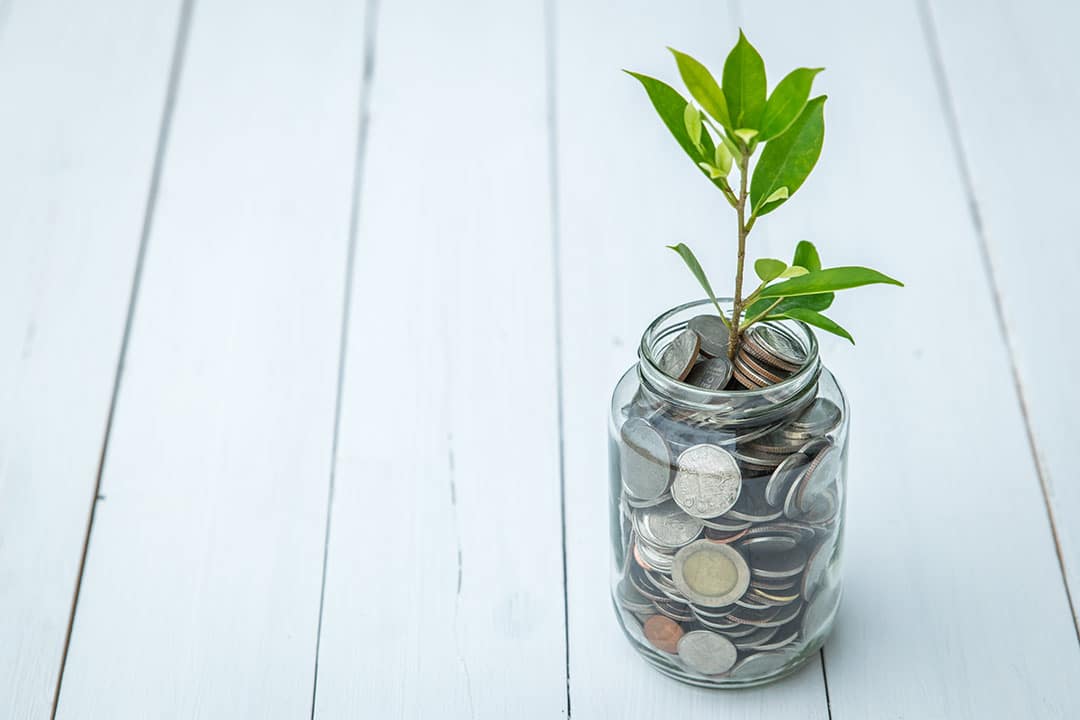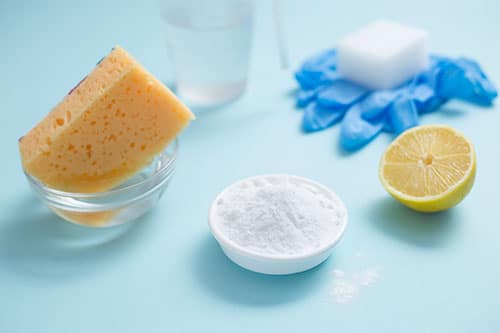
Buying multiple expensive cleansers for different areas in your home may be tempting, however, it isn’t usually necessary. There are several ways to clean your home for practically pennies, and the results can be just as good.
For example, did you know that you can use a spray bottle full of distilled white vinegar (about $2.50 a gallon) to wash your windows and mirrors, using microfiber cloth to buff them dry? You may cut vinegar in half with water, or use full strength. You will be left with shiny, clean windows, and no paper towel fibers left behind. Plus, you are getting another use out of your microfiber cloths. Green cleaning at it’s finest, and with virtually no cost to you!
Another great way to clean house on a budget is to forgo paper towels almost completely, and invest in a soft, micro-fiber dusting cloth. You can pick these up for a few dollars at various retailers, and possibly even in the cleaning product aisle at your grocery store. You can save well over a hundred dollars a year, and tons of landfill contribution, by eliminating paper towels from your dusting routine!
Likewise, using cloth towels in the kitchen will help save a pretty penny. A shift in focus away from easily-disposed of cleaning products will affect the planet, and your wallet, in a very positive way. Avoid those convenient wipes soaked in chemical cleaners; they are expensive, one-time use, and spread chemicals around your home. That trusty bottle of vinegar you used to clean your windows and mirrors earlier can also be used to effectively clean and disinfect cutting boards, counters, microwaves, and more!

Remember, even with non-caustic cleaning agents such as vinegar and baking soda, always perform a spot test on surfaces before applying to the entire area. This holds true for the following budget-friendly, natural cleaning solutions as well, so take care to test on an area not highly visible to ensure you like the results.
While there are plenty of products to clean and shine wood furniture such as tables, dressers, or kitchen cabinets, I prefer to make my own. I simply mix a quarter cup of olive oil with a few squeezes of fresh lemon or lime juice, and add a splash of vinegar. The result is thirsty wood quenched by the oil, dirty wood cleaned by the vinegar, and dull wood brought back to shiny life with the addition of the lemon juice. The cost, pennies per use!
For hardwood floors, where oil may pose too slippery a surface to tread on, consider a tea bath. Simply steep several regular tea bags in a pot of boiling water for ten minutes, and use this mixture (when cooled to lukewarm) to mop or squeegee your wood flooring. The tannins in the tea help the wood to keep its color, and may even darken it a shade or two, so take care to run your test before washing the entire floor. Not recommended for very light woods.
Another basic tip for keeping your home clean on a budget is to keep your service items in good repair. When you purchase a new vacuum, keep your receipts and warranty information in a safe place. Often, service within the first year or two will be covered, and you can spare yourself some expense should a repair be necessary. Clean your filters regularly, and follow all manufacturer instructions regarding care and maintenance to keep the second hardest-working member of the family in good shape for many Spring Cleanings to come!
Don’t forget, a great, cost-free way to de-clutter your home before your deep clean is to simply purge all items no longer needed. If something is trash, get rid of it! It is costing you time and energy to have it within your home. If you never use the juicer in your kitchen cabinet, and you haven’t ridden that bike in the garage in five years, consider donating or selling these items. You can get rid of clutter, affording yourself a cleaner home, and perhaps help someone out at the same time. Plus, you should get a tax credit for your donation, or a small profit from any sales. And it won’t cost you a thing!
